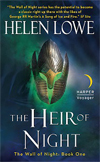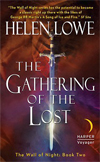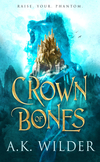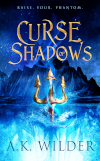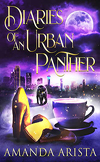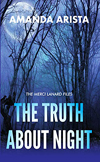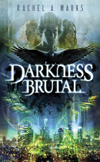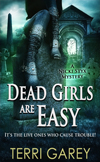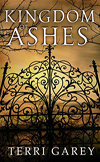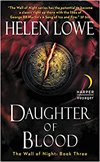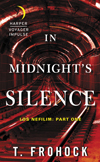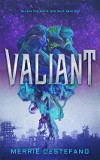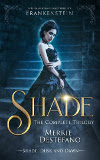 |
| Reading and Writing Different Types of Books |
Today we share a back-list post from March 2013 from our very own Merrie Destefano, award-winning artist and author of multiple, intriguing genres.
Read the entire post Confused About What Genre You are Writing? and let us know what you think of these many subcategories of Speculative Fiction.
* * *
“What genre is this book?”
This is a question that authors ask themselves frequently while writing. Agents ask it when considering representation. Editors ask it when acquiring. Marketing departments ask it while trying to promote the book. Bookstore staff members ask it when trying to categorize the book and when speaking to customers. Readers ask it before buying the book and when telling their friends about the book.
Phew.
The problem is, when you’re writing speculative fiction, all the boundaries seem to blur until you feel like you’re cross-eyed. To give you a brief example, when I wrote my first novel, Afterlife, I saw it as science fiction. When my editor acquired it, however, she asked for a few changes -- not many -- and the book was then marketed as an urban fantasy. To me, that book will always be sci-fi. But to many readers, it’s urban fantasy.
My current novel, Fathom, probably falls into the category of paranormal romance. But to me, it’s fantasy. I never saw the paranormal romance elements when I was writing the book. They’re probably there, but to me it was like a math equation:
Overarching coming of age theme + legendary creatures + mythological elements = FANTASY.
But then, I’m just the writer. Writers don’t usually get to decide what category their novels fall into. They just write the best book they can and try not to worry about things like markets or categories or the dreaded Latest Hot Topic.
So, just for fun, I put together a little Cheat Sheet for helping to define what category the book you’re currently reading might fall into. Now, these are just suggestions, not hard, fast rules. Here goes...
CATEGORIES OVERVIEW:
FANTASY: May take place in another world and often contains magic or supernatural elements. Does not contain scientific themes (otherwise, it would be science fiction.) Usually has a battle of good versus evil. May or may not have romance.
Books: The Lord of the Rings, Harry Potter, Game of Thrones.
HORROR: Can contains supernatural themes; meant to scare, startle or terrify. Sometimes rooted in folklore. May have vampires, werewolves, etc. Also may have a gothic tone. Sometimes written very beautifully, despite horrific subject matter.
Books: The Shining, Dracula, The Haunting.
PARANORMAL ROMANCE: May blend elements of science fiction, fantasy and horror. Takes place in our world, but often has otherworldly creatures, like vampires, ghosts, shape shifters, etc. A sub-category of fantasy and/or a sub-category of romance that contains experiences outside the normal or supernatural aspects.
Books: Highlander, Twilight, The Vampire Diaries. Read More...
* * *
We would love to hear about your favorite genres. Meet us in the comments!




















